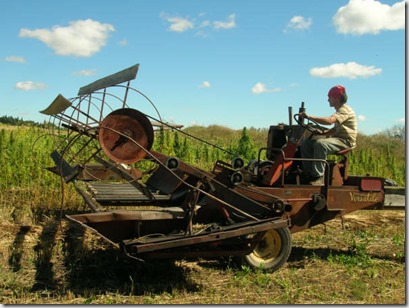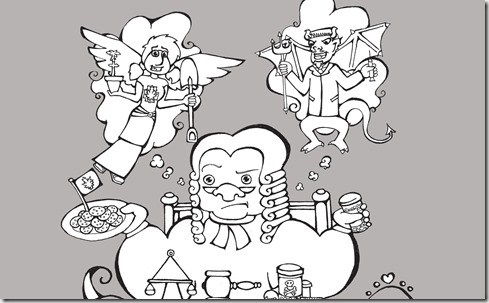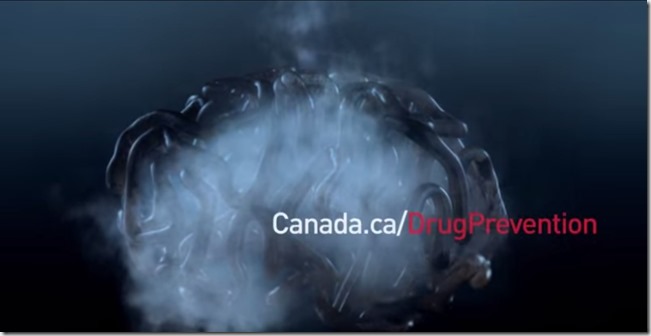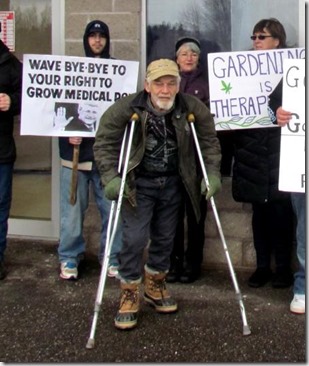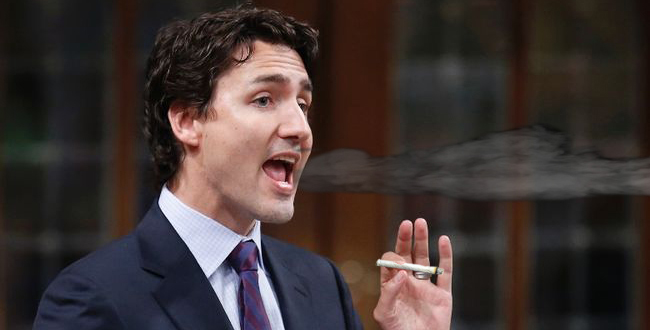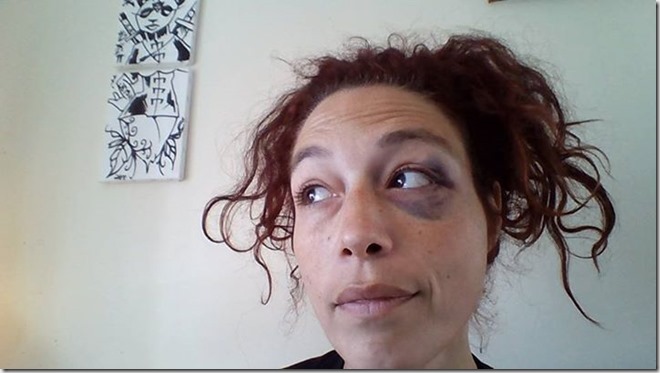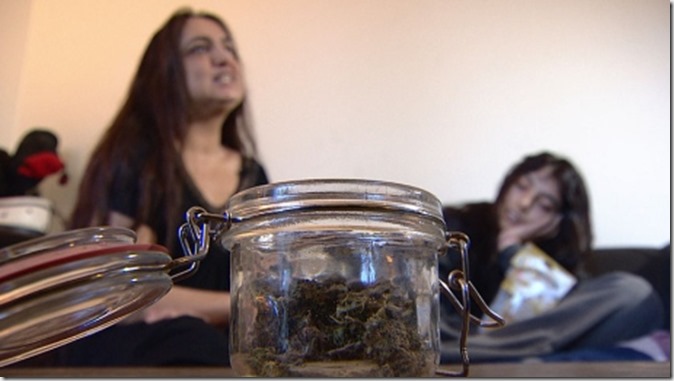by Ted Smith
One of the dilemmas in the cannabis movement in Canada has been the tension that is occasionally felt between medical and recreational cannabis users. We must learn to work together more often if we want to see change happen. That does not mean we should all have the same agenda, but we do need to make an effort to support others fighting drug prohibition, whether we fully agree with their methods all of the time.
Patients must come first, in my opinion, and hopefully after reading this a few more recreational cannabis lovers will reconsider their position and get more involved in the fight for medical access to this plant. Likewise, hopefully a few patients will realize they need to fight for full legalization if the medical use of this herb is ever to be truly embraced by the medical community.
When I first became an activist, no divisions really existed. Cannabis advocates fought to grow hemp and high-grade herb. Everyone had an agenda and priorities but, for the most part, we supported each other in the efforts to fight prohibition.
(image: Blake Hunter of Good Seed Hemp)
After industrial hemp became legal in Canada, the fight shifted. Hemp farmers did everything possible to distance themselves from activists. The real reason cannabis was made illegal became lost on a few people as they focused on making money on hemp. Since hemp was a major focus of the activist community, after the laws changed to allow hemp growth in 1997, it seemed like the growing camp of advocates was starting to split up.
Around the same time, dispensaries were beginning to open with the express purpose of helping those in serious medical need. In 2000, the Parker decision forced the federal government to create a program to legally allow patients to use the herb, firmly dividing medical users from those still subject to prosecution. In the middle of that division, however, was a lot of grey area.
For many activists, all use of cannabis is medicine. In their line of thinking, our endocannabinoid system essentially uses the chemicals that we absorb when we consume the cannabis plant to fight free radicals, helping to prevent cancer and a number of other autoimmune diseases. These activists argue that every time herb is smoked it is healing and therefore medical by nature.
By this argument water is also medicine. Even more so, because everyone would die without water. Fruits and vegetables would also be medicine, though some types would be better medicine than others.
(image: Cannabis Digest)
Judges have made rulings in favor of patients based upon Section 7 of the Charter of Rights and Freedoms, which guarantee protection of security of the person. While the language used in these decisions has been somewhat vague at times, judges have generally concluded that anyone suffering from a serious chronic disease or disability has a medical necessity that requires treatment. The courts realize that restricting cannabis to those with terminal medical problems is too strict, yet they have certainly never intended to allow easy access to the herb by watering down the definition of medical necessity.
When medical dispensaries first starting opening in the mid-1990s, there was an attempt to create mandates that would ensure members suffered from medical issues that were serious enough that courts and the public would feel sympathetic toward their plight. When the MMAR came into existence, clubs continued to provide medicine to those unable to obtain a license to possess or grow cannabis, but without opening their doors to everyone who claimed a need. Since the courts and the public are not yet prepared to accept the unrestricted use of cannabis by adults, it is critical these clubs continue to screen their membership in such a way that it is clear the intent is to help those diagnosed with medical problems.
One of the main reasons patients have some sympathy is because despite decades of trying, pharmaceutical companies have not been able to develop drugs that cheaply, effectively, or safely deal with the majority of their health problems, including chronic pain, cancer, Multiple Sclerosis, glaucoma, arthritis or epilepsy. While these drug companies can claim certain successes, the failure of this industry to provide relief to the majority of patients leaves doctors with few good options. Cannabis is one of those options.
Yet many doctors and citizens deny the medical benefits of cannabis. Ignoring the science, these individuals cling to the belief that cannabis is no better than a narcotic, numbing pain and the senses in the same general manner alcohol does. To these narrow-minded people, patients are using their health problems as an excuse to get high. Worse, they often strongly believe others are using the serious medical problems of patients as a cover for their need to get high.
One of the reasons I took it upon myself to found a medical dispensary was because I thought it was unfair to assume patients alone could build an organization to illegally supply medicine. They needed help, and I certainly did not want to wait until I got sick before fighting for medical access to it.
Another reason I started the VCBC is because I got to know a few young girls, who were very sick, and found cannabis beneficial. One beautiful young girl barely turned 20 before she passed. It seemed to me that patients were the most victimized by the drug war, and that they should be the first we create sanctuary for. Many sick children, young adults, and senior citizens do not have time to change the laws, or even see a court case through to the end. Waiting for political solutions is not an option when it comes to patient care.
Changes to the federal medical cannabis programs are turning many patients back into criminals. Now more than ever, patients need recreational smokers to help fight for the right to grow medicine before it is lost for good. That could be by attending a rally, donating to the MMAR Coalition Against Repeal, writing letters to the local press, or speaking out in public at every opportunity. Cannabis lovers must realize how important the right to grow your own medicine is, and if we lose it now it could be lost for a long time.
(patients protesting the new MMPR restrictions)
Likewise, patients cannot be satisfied with legal access for some, leaving the rest at the mercy of prohibition. Only the full legalization of cannabis will allow the herb to be embraced by the medical community, for as long as some are considered criminals for using the herb recreationally, it will always be a struggle to get it as medicine because patients will continue to be treated like addicts.
While everyone is obviously going to do what is best for themselves, there are times and places where we need to put down our divisions and work together for the common good. Fighting for a patient’s right to grow medicine is a good common ground that I am sure we can all work on. Together we can make great things happen.
Read more from Ted Smith on the Cannabis Digest Blogs



